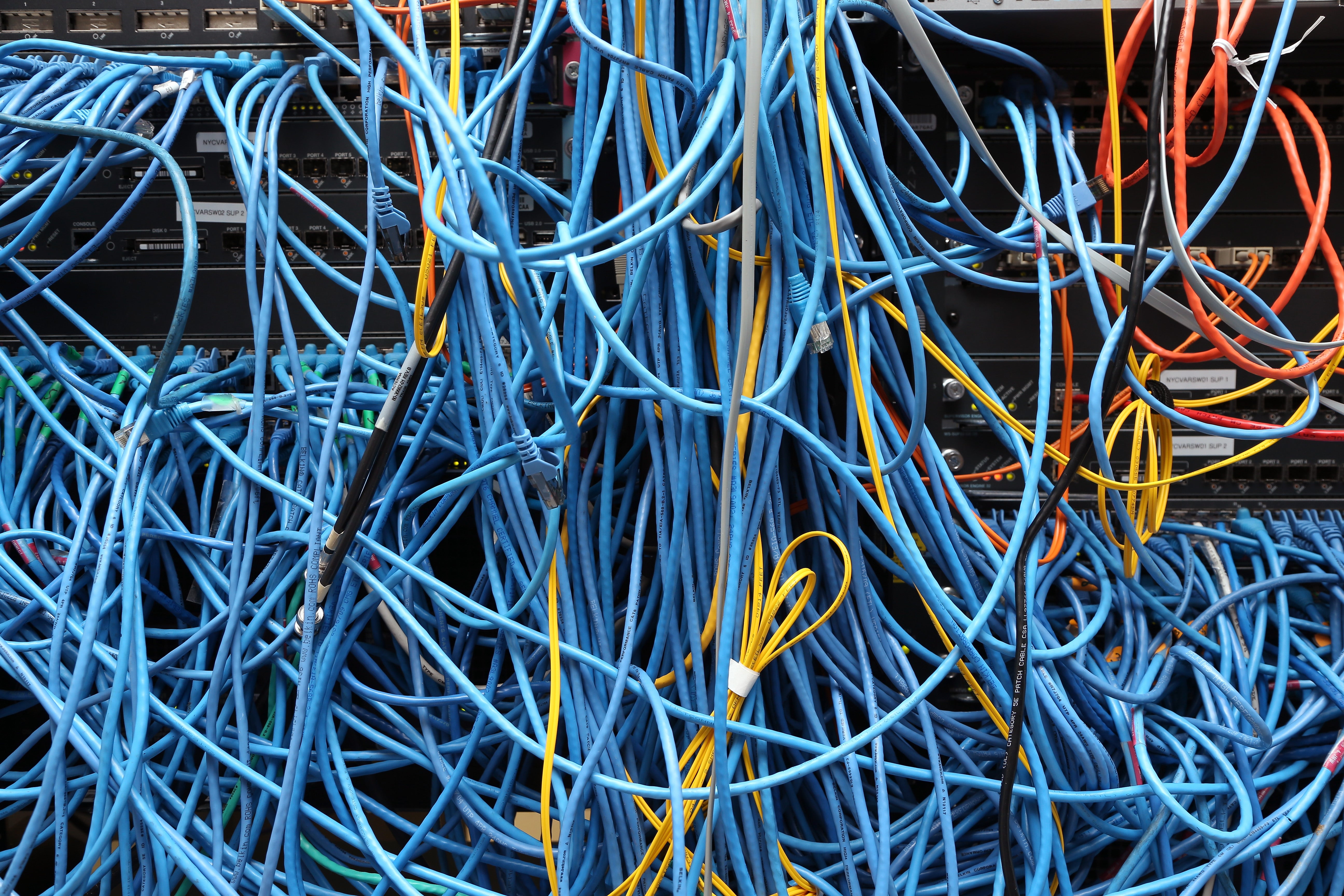Humans now share the web equally with bots, report warns amid fears of the ‘dead internet’
Sites such as Twitter/X have been overrun by automated accounts

Humans now share the web equally with bots, according to a major new report – as some fear that the internet is dying.
In recent months, the so-called “dead internet theory” has gained new popularity. It suggests that much of the content online is in fact automatically generated, and that the number of humans on the web is dwindling in comparison with bot accounts.
Now a new report from cyber security company Imperva suggests that it is increasingly becoming true. Nearly half, 49.6 per cent, of all internet traffic came from bots last year, its “Bad Bot Report” indicates.
That is up 2 per cent in comparison with last year, and is the highest number ever seen since the report began in 2013.
In some countries, the picture is worse. In Ireland, 71 per cent of internet traffic is automated, it said.
Some of that rise is the result of the adoption of generative artificial intelligence and large language models. Companies that build those systems use bots scrape the internet and gather data that can then be used to train them.
Some of those bots are becoming increasingly sophisticated, Imperva warned. More and more of them come from residential internet connections, which makes them look more legitimate.
“Automated bots will soon surpass the proportion of internet traffic coming from humans, changing the way that organizations approach building and protecting their websites and applications,” said Nanhi Singh, general manager for application security at Imperva. “As more AI-enabled tools are introduced, bots will become omnipresent.”
The widespread use of bots has already caused problems for online services such as X, formerly known as Twitter. Popular posts on the site are now hit by a huge number of comments from accounts advertising pornography, and the company appears to be struggling to limit them.
Recently, its owner Elon Musk said that the site would start charging users to send posts and interact with others. That was the only way of stopping the proliferation of automated accounts, he said.
But X is far from the only site to be hit by automated content that is posing as real. Many similar posts are spreading across Facebook and TikTok, for instance.
Join our commenting forum
Join thought-provoking conversations, follow other Independent readers and see their replies
Comments
Bookmark popover
Removed from bookmarks